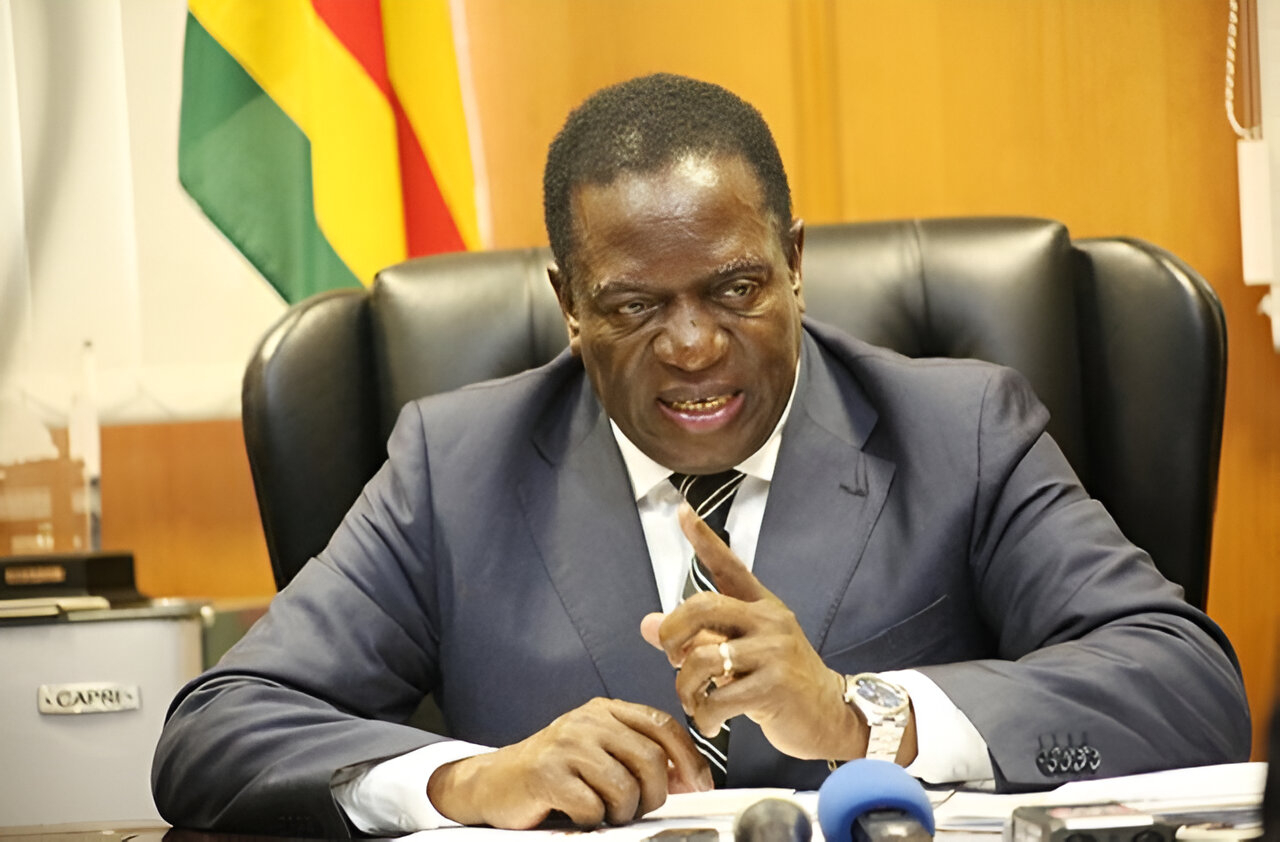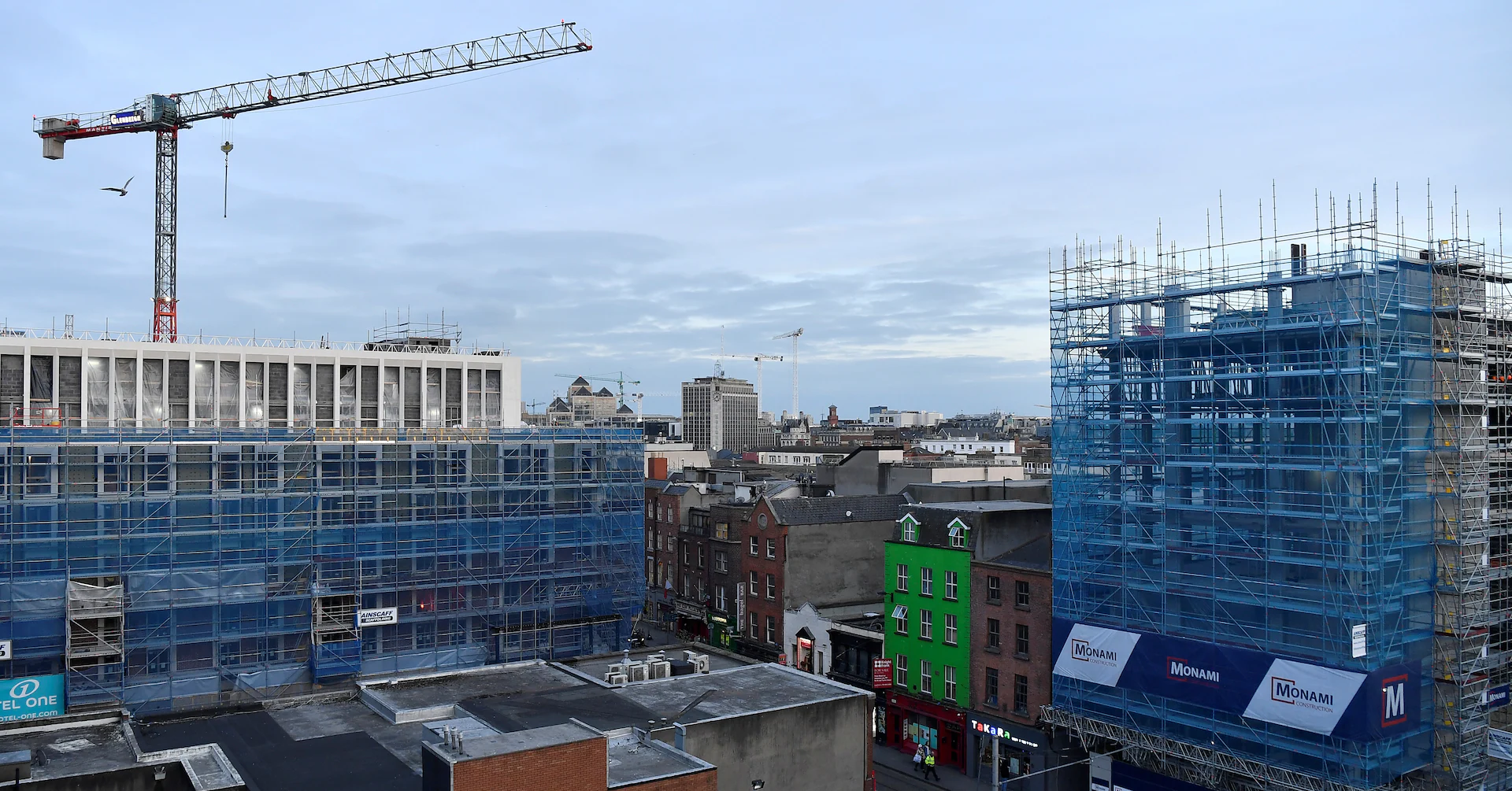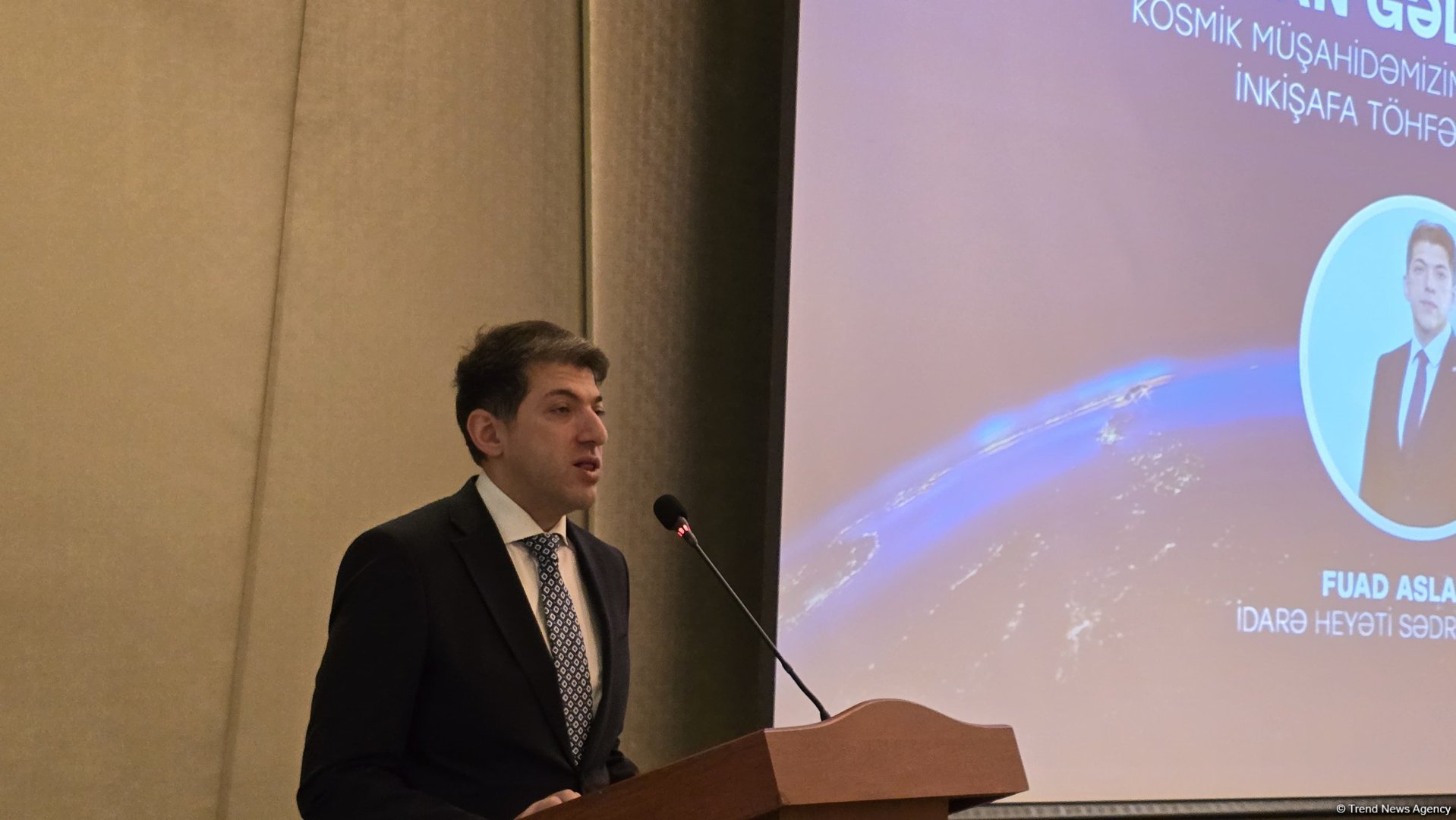Copyright myzimbabwe

HARARE – A cloud of controversy hangs over the recent State of the Nation Address (Sona) delivered by President Emmerson Mnangagwa, not for its content, but for the embarrassing power outage that plunged the parliamentary proceedings into darkness. The incident has triggered a blame game, the suspension of a top Zesa Holdings official, and sharp criticism from opposition legislators who have dismissed the address as “empty” and “uninspiring.” The dramatic scene unfolded on Tuesday at the New Parliament Building in Mt Hampden, Harare, during the official opening of the third session of the 10th Parliament of Zimbabwe. As President Mnangagwa addressed the nation, the lights went out, forcing him to continue his speech illuminated only by the beam of a torch, a situation that opposition figures say highlights the country’s electricity challenges, where ordinary citizens go for over 12 hours without power. In the aftermath, Zesa Holdings has taken swift action, suspending engineer Abel Gurupira, the acting managing director of its subsidiary, the Zimbabwe Electricity Transmission and Distribution Company (ZETDC). A letter addressed to Gurupira from Zesa Holdings group chief executive officer Cletus Nyachowe, which has been circulating on social media, states the suspension is “pending investigations, following a spate of power outages prior to commencement of the Zanu PF conference in Mutare and during the State of the Nation Address in Parliament on the 28th of October 2025.” The letter further stipulates that Gurupira is to remain on full pay and benefits during the suspension, and is barred from communicating with other Zesa Holdings staff. The suspension follows a threat issued by Speaker of the National Assembly Jacob Mudenda, who implied the blackout was an act of sabotage and vowed to find and punish those responsible. Addressing Parliament after the incident, Mudenda stated: “We shall go beyond what happened and trace the culprits and deal with them accordingly. And those that will be found wanting will regret the day of their existence.” However, conflicting accounts have emerged regarding the cause of the outage. Parliament, in a statement issued by clerk Kennedy Chokuda, has pointed to a technical fault, stating that “the loss of power supplies to key systems occurred when the Parliament building was running on a generator as the main source of supply, with Zesa supply as a standby.” Chokuda explained that “preliminary investigations indicate that a circuit breaker supplying the load had tripped,” and that the restoration took longer than expected. He added that a joint investigation involving Parliament, the Ministry of Local Government and Public Works, Zesa, and other government agencies is underway to determine the exact cause of the incident and to prevent future occurrences. Further complicating matters, sources within Parliament have suggested that Mudenda’s strong reaction may be an attempt to deflect criticism from his office. These sources claim that Parliament opted to rely on a private contractor to provide a generator for the Sona, expressing a lack of confidence in Zesa Holdings. Questions have been raised as to why Mudenda allowed ZETDC to serve only as a back-up power source. Correspondence seen by this publication reveals that on October 21, deputy clerk of Parliament Nomasontho Sunga wrote to Local Government and Public Works secretary John Bhasera, requesting the ministry’s co-ordination and oversight in ensuring uninterrupted power supply during the Sona. In her letter, Sunga noted “that there is an approved arrangement to run the event using the generator as the primary source of power, with ZETDC power on standby, following previous power disruptions experienced during important sessions.” Sunga also requested that the generator be “serviced, fully tested and confirmed fit for uninterrupted operation during the event,” and that ZETDC technical staff be “physically on standby throughout the proceedings to provide immediate response if required.” Meanwhile, President Mnangagwa’s Sona has been met with scathing criticism from opposition legislators, who have labelled it as “empty,” “hollow,” and “uninspiring.” They argue that the address failed to address the country’s deepening economic crisis and offered no hope to long-suffering Zimbabweans. Mbizo legislator Cobarn Madzivanyika stated that the address “was empty and hollow. It was not inspiring, just the same old rhetoric. It does not inspire any confidence, nor does it create any stimulus for the economy. A State of the Nation Address should be a beacon for positive trajectory and improved confidence within the business community, but this was lifeless.” Madzivanyika also accused President Mnangagwa of being misleading, particularly on the issue of responsible mining, claiming that he failed to address the illegal activities of Chinese miners who are allegedly “destroying our land and culture.” He challenged the President’s focus on international sanctions, calling it a “tired narrative” used to mask governance failure. “Mnangagwa started his address by highlighting sanctions, but this narrative is now tired,” he said. “The bulk of the sanctions were removed by the United States and the European Union. The remaining ones target Mnangagwa himself and a few individuals, not the nation. When President Mnangagwa says ‘sanctions on me’, he does not mean sanctions on Zimbabweans, because Mnangagwa is not Zimbabwe.” Chiredzi Central legislator Ropafadzo Makumire echoed similar sentiments, describing the Sona as “too shallow,” saying it ignored critical issues affecting citizens. “We were expecting him to address the nation on progress made, for example, in the procurement of cancer machines,” Makumire said. “We are almost closing the second year since the sugar tax was introduced, and to date, nothing has been done. People are struggling.” He added that the address failed to tackle fundamental problems, including “the idleness of the youths, unemployment and the escalating issue of drug and substance abuse.” The incident at the Sona is not an isolated one. Last year, a similar power cut disrupted the national budget presentation, leaving government officials, including President Mnangagwa, sitting in darkness. The timing of the blackout is particularly sensitive, as it comes amidst a controversial push by Mnangagwa’s loyalists to extend his term of office by two years, from 2028 to 2030. This agenda has united the opposition, clergy, and human rights activists, who view the plot as an assault on democracy and constitutionalism. President Mnangagwa has previously claimed that he is a constitutionalist and will step aside when his term of office expires in 2028. He rose to power on the back of a November 2017 military coup that ousted strongman Robert Mugabe.



